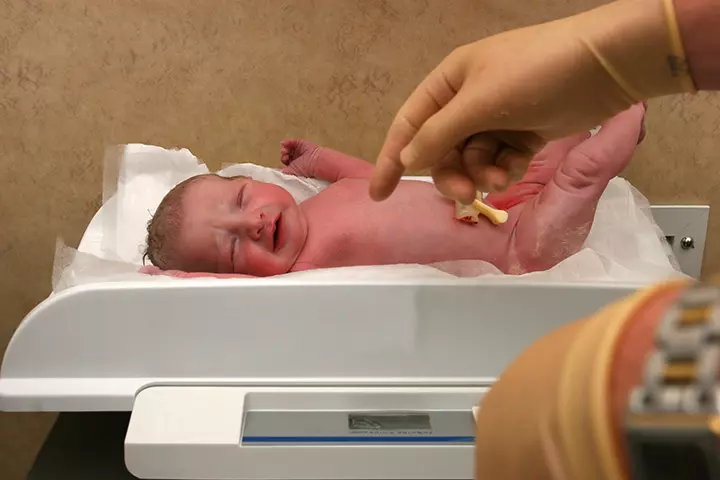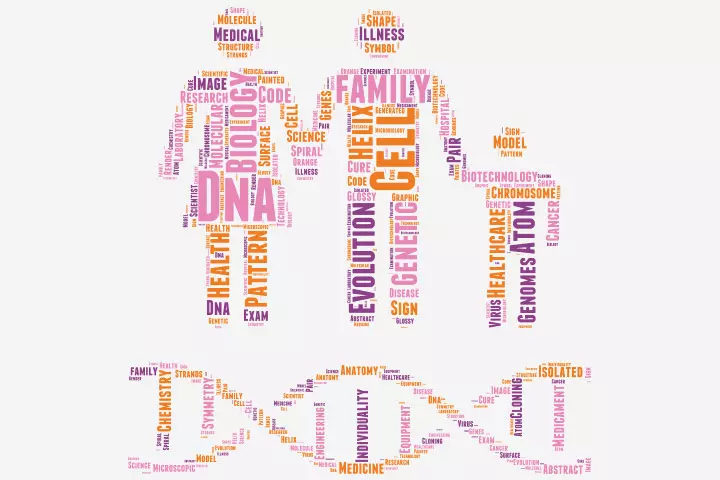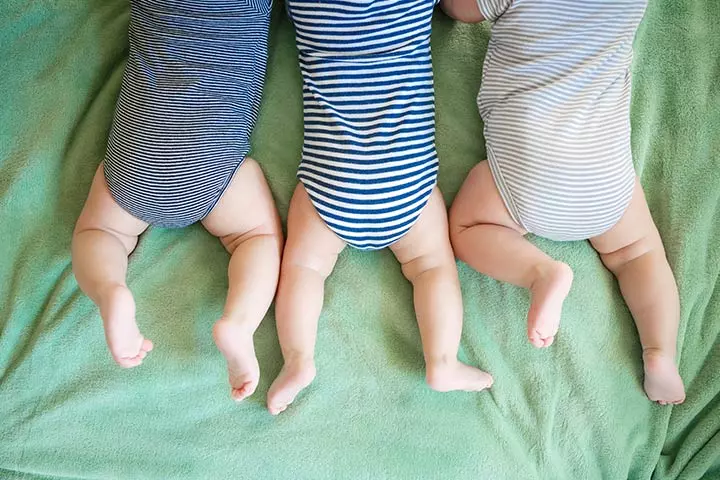
Image: Shutterstock
The process of becoming parents is full of ups and downs. Every parent’s journey is unique, yet the joys, concerns, anxieties and apprehensions are similar. You only wish for the good health of your baby, pray at every antenatal visit that its growth and development in your womb should meet the standards.
Though we are always curious to know the gender of the baby, we often miss to discuss the estimated weight and height gain. Sometimes the baby might be different and take a smaller size compared to the average size according to the birth charts. The weight of the baby is generally estimated through the size of the belly.
There are online pregnancy calculators and foetal charts that the doctors follow to determine the average size of the foetus. Generally there is a scan around the 32nd week of your term. In the scan, the doctors can have an idea if there is a restrictive growth in the uterus. In case, the baby weighs less than 10 percentile mark in terms of the gestational age, it is considered problematic.
There are a lot of factors that may contribute to the baby being smaller in size.
Let us examine the factors in detail and find out if we can predict the size of the unborn baby through the pointers given below.
1. Pre-mature baby
Image: Shutterstock
If the baby is born before completing its gestational term of 37 weeks, it can be an underweight baby. There isn’t a clear reason why a delivery might be pre-term, but the most common causes include the mother suffering from health problems like infections (bladder infection, rubella, syphilis, HIV etc.), kidney disease or issues related to incompetent cervix. Sometimes PROM or pre-mature rupture of membranes can also cause the baby to be born before it completes its term.
2. Malnutrition
Image: Shutterstock
Nutritional habits of the mother during the gestational term have an impact on the child’s birth weight and immunity functions. If the mother doesn’t have a balanced, wholesome diet during her pregnancy, the baby doesn’t receive nutrients to develop properly. This can lead to low weight gain in the baby.
3. Genetic factors
Image: Shutterstock
If one or both the parents of the to-be-born child are of a petite frame, there are chances of the baby being smaller in size. The same stands for the bigger babies as well. It is a natural factor. It is always good to clarify the possibilities of any long-term effects of having a small baby.
4. Blood pressure and heart conditions
Image: Shutterstock
If you have heart related issues and increased blood pressure, there are chances of less supply of nutrients and oxygen to the baby. It can even cause pre-eclampsia, in which the placenta functions are affected. It can result in the baby being smaller in size. In fact, studies suggest that such babies can grow up into adults having high blood pressure [1].
5. More than one baby
Image: Shutterstock
If there are more than one baby in the uterus, there will be limited space for them to grow and develop. That is why often they are born with low birth weight. If the babies don’t have any health complications, they can grow up to be perfectly normal babies.
You could have a small baby due to the factors mentioned above. If there are any health issues, they can be addressed with medical intervention. Apart from that, healthy and balanced diet of the mother and the child and an optimum environment for its growth will ensure that its size doesn’t remain a matter of concern.
Community Experiences
Join the conversation and become a part of our nurturing community! Share your stories, experiences, and insights to connect with fellow parents.

















